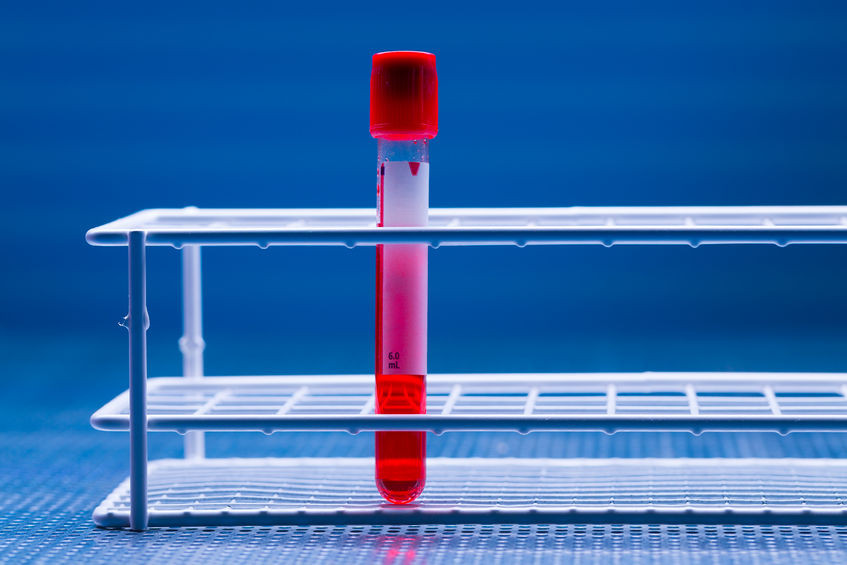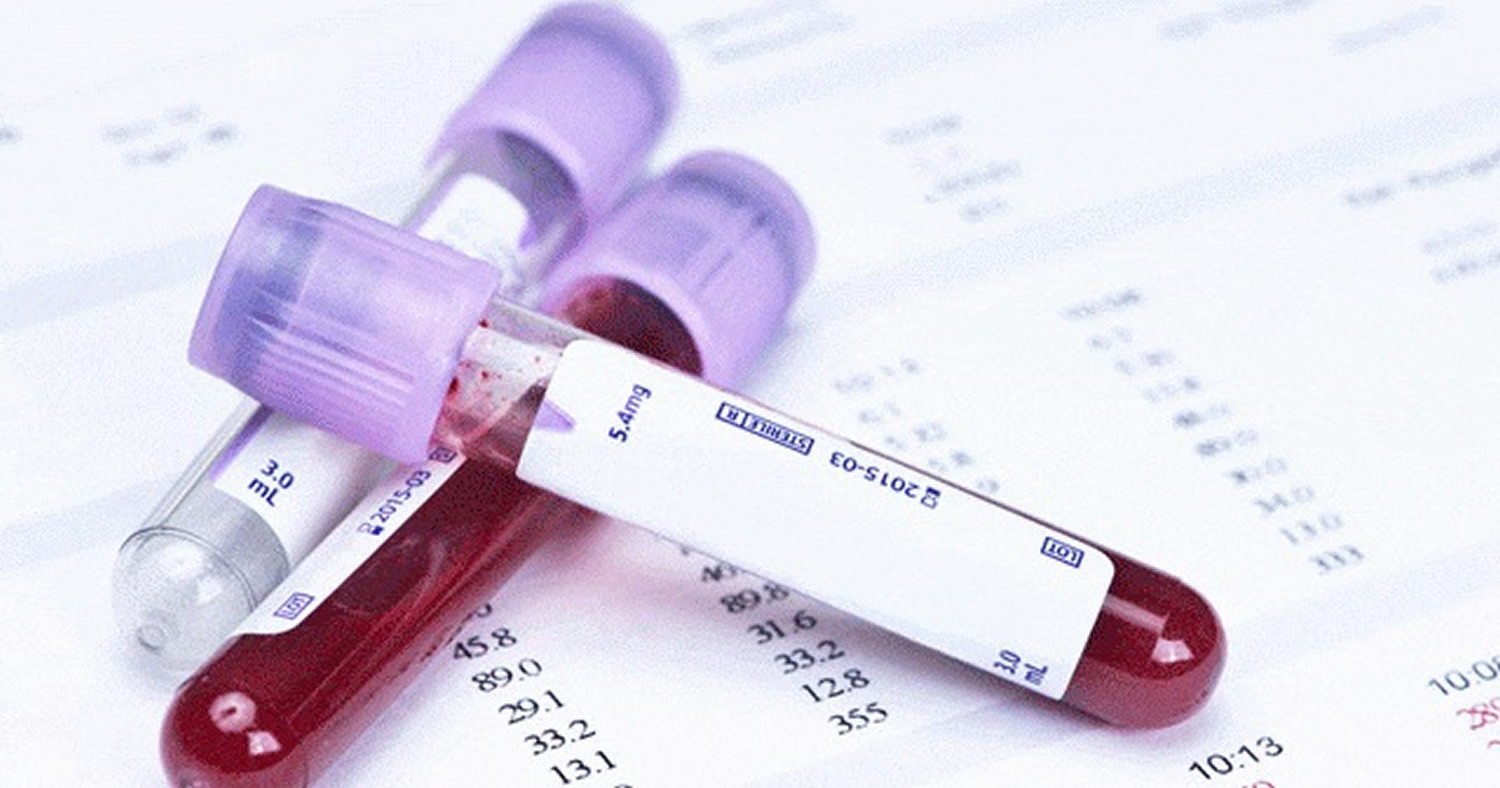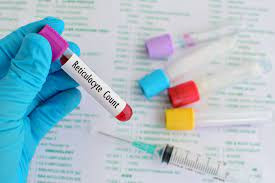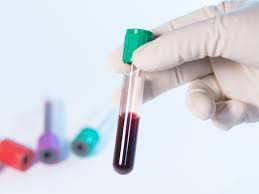Definition
Benzodiazepines are medications that act on the central nervous system to produce a calming effect. They are commonly prescribed for managing anxiety, promoting sleep, preventing seizures, and relaxing muscle spasms. Benzodiazepines are utilized as sedatives, sleeping aids, and muscle relaxants.
Several types of benzodiazepines are used for different purposes:
- To alleviate anxiety, muscle tension, and seizures: alprazolam, chlordiazepoxide, clonazepam, clorazepate, diazepam, lorazepam, and oxazepam.
- For calming and inducing sleep: temazepam, triazolam, flurazepam, and estazolam.
Chronic misuse of benzodiazepines can lead to dependency. Additionally, combining these drugs with alcohol or other depressants can result in life-threatening complications. A benzodiazepine test is essential for measuring the levels of these drugs and their metabolites in the body, though advanced and detailed testing methods may be required for accuracy.
Indications
A benzodiazepine test is a type of drug test that serves several important purposes, including detecting benzodiazepine usage history, identifying cases of drug abuse, and diagnosing benzodiazepine overdose. Beyond these, the test is also conducted for various additional purposes, such as:
- Employment Requirements: Certain workplaces require drug tests, including benzodiazepine screening, as part of the hiring process. This is particularly common for roles in transportation, security, or other positions that involve law enforcement or public safety.
- Legal Investigations: Prosecutors may request this test during investigations, using it as evidence in cases involving suspected drug abuse or related matters.
Additionally, this test is performed on patients undergoing benzodiazepine therapy to monitor appropriate dosage. Consuming more than the prescribed amount can indicate dependency or addiction to the medication.
Contraindications
There are no specific contraindications for benzodiazepine testing, meaning anyone can undergo the procedure safely. The test is generally regarded as safe and straightforward. If you have previously undergone a blood test, the process will feel familiar as it follows the same sample collection steps. Consult your doctor for details regarding the procedure.
Preparation Before the Test
Benzodiazepine testing does not require extensive preparation. You should consult with your doctor about any medications you are currently taking, particularly benzodiazepines.
In some cases, your doctor may recommend temporarily discontinuing these medications before the test. To avoid false positive results, refrain from consuming poppy seeds or medications such as tolmetin, naproxen, etodolac, fenoprofen, oxaprozin, or sertraline before the test.
While fasting is not necessary, it is crucial to inform your doctor about any liver or kidney conditions, as these could affect therapy adjustments.
Test Procedure
Benzodiazepines can be tested using blood or urine samples.
- Blood test
For a blood test, a small sample is drawn from a vein in your arm. The laboratory staff will clean the area with sterile alcohol before inserting a needle to collect the blood. You may experience mild pain or a prickling or burning sensation. Relaxing your arm can help minimize discomfort. For infants, blood samples are typically taken from the heel. After collection, the sample is analyzed in a laboratory using specialized equipment. Applying pressure to the puncture site afterward can help prevent bruising or swelling. The risk of complications is minimal, although some individuals might experience temporary pain, dizziness, or bruising.
- Urinalysis
A urinalysis is the most common method for detecting benzodiazepines and their derivatives. You will be asked to provide a urine sample in a sterile container, with the required volume typically ranging between 1 to 10 mL, ideally 10 mL.
Normal and Abnormal Values
Benzodiazepine test results are generally qualitative, reported as either positive or negative. These results can vary depending on factors such as age, gender, medical history, and the laboratory's testing methods. In urine tests, a concentration of less than 50 ng/mL is considered negative, while a level equal to or exceeding 50 ng/mL is deemed positive. A normal result for benzodiazepine testing is a negative outcome. If you have liver or kidney disorders, notify your doctor so that therapy dosages can be adjusted accordingly.
Results and Recommendations (Further Testing)
A negative benzodiazepine test result signifies the absence of benzodiazepines in your system. In contrast, a positive result indicates the presence of benzodiazepines or their metabolites in the sample. Detection times vary based on the drug type; for instance, diazepam may remain detectable for weeks after the last dose. A positive result warrants additional tests to confirm the findings and rule out false positives. These follow-up tests are typically more precise than the initial screening.
In elderly patients or individuals with liver disorders, benzodiazepines may linger in the bloodstream longer, leading to elevated levels even at standard dosages.
Consult the Right Doctor
If you suspect benzodiazepine dependency, consult a psychiatrist for appropriate treatment and therapy. Additionally, discuss your medications with a doctor if benzodiazepines form part of your current prescription regimen.
Want more information about laboratory, radiology, and other test results? Click here!
- dr Hanifa Rahma
Benzodiazepines (Benzos). (2023). Retrieved 16 January 2023, from https://my.clevelandclinic.org/health/treatments/24570-benzodiazepines-benzos
Drug Test. (2022). Retrieved 16 January 2023. from https://my.clevelandclinic.org/health/diagnostics/10285-drug-testing
Benzodiasepines (Urine). (2023). Retrieved 16 January 2023, from https://www.urmc.rochester.edu/encyclopedia/content.aspx?contenttypeid=167&contentid=benzodiazepine_urine
Benzodiasepines (Blood). (2023). Retrieved 16 January 2023, from https://www.urmc.rochester.edu/encyclopedia/content.aspx?contenttypeid=167&contentid=benzodiazepine_blood
Drug Test. (2022). Retrieved 16 January 2023, from https://medlineplus.gov/lab-tests/drug-testing/
Benzodiazepines Urine Level. (2023). Retrieved 16 January 2023, from https://spectrumhealth.testcatalog.org/show/LAB3589-1#:~:text=












